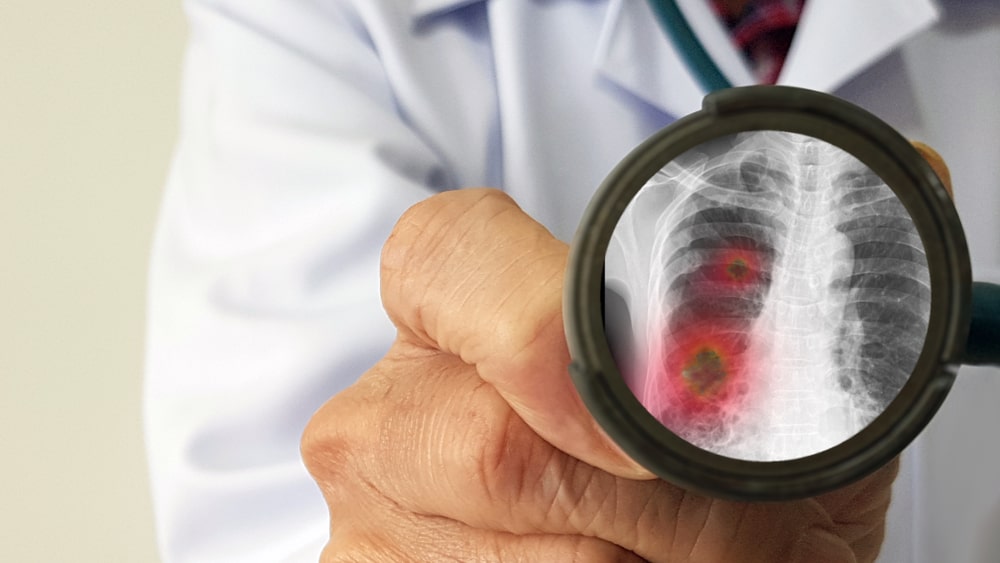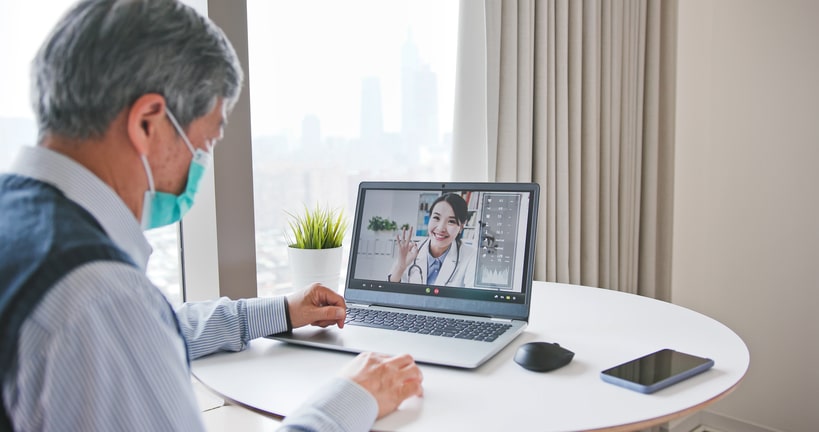Pneumonia, a common respiratory condition, causes a wide range of symptoms like cough, chest pain, fever and difficulty breathing. Most people with severe pneumonia also experience sharp back pain when coughing or deep breathing. And it might occur due to various reasons. Let’s find out some more details in this blog!
How Can Pneumonia Lead To Upper Back Pain?
As pneumonia progresses, upper back pain might occur due to various reasons:
Severe Inflammation In Pleura:
The Pleura is the double membrane that covers the lungs like a polythene bag. In some cases of pneumonia, inflammation can spread to the pleural cavity, rubbing against each other and causing chest and upper back pain during deep breathing or coughing.
Muscle Pain Due To Coughing:
When patients suffer from persistent cough during pneumonia, the upper back and chest muscles can strain, causing mild to moderate pain in those areas.
Severe Bacterial Or Viral Infection:
If the infection spreads from the lungs to the nearby tissues or areas, you might experience localized upper back pain in the affected area.
Muscle Tension Due To Posture Change:
Some patients might try to change their posture while sleeping in order to ease their breathing. Any poor posture might put pressure on the upper back muscles causing pain over time.
Pleural Effusion:
If a patient has severe pneumonia, fluid might accumulate between the layers of pleura. In this case, the pain might also occur in the chest, back, or radiate up into the shoulder.
What Can You Do If You’ve Upper Back Pain Due To Pneumonia?
We know the uncomfortable feeling of not being able to cough or lie down in bed as your chest and back hurts. The persistent discomfort and pain can affect your basic daily activities.
Therefore, if you experience mild to moderate pain in your back due to pneumonia, it’s best to discuss it with your doctor. The doctor will monitor your symptoms, find out the root cause of upper back pain and provide you with the right treatment and care you need to improve your symptoms.
Another option is to visit a nearby urgent care clinic to get prompt treatment and relief from the nagging pain. The medical experts at Family Urgent Care will evaluate your symptoms after a thorough examination, perform any lab tests or imaging and prescribe the right medicines to get relief.
Some Possible Treatments for Upper Back Pain Relief
Usually, the pain subsides when pneumonia resolves with regular pain relief or anti-inflammatory medicines. However, sometimes the pain cannot be controlled with regular oral medicines. Therefore, in these cases, following treatment strategies can be employed for faster pain relief which also encourages healing from pneumonia.
Steroids:
If you have severe pneumonia that isn’t improving with oral medications, steroids can help reduce inflammation. However, it is essential to consult a healthcare provider to determine whether you’re eligible for the treatment.
Radiofrequency Neurotomy:
Another reliable option to treat chronic upper back pain due to pneumonia is to use radiofrequency to destroy the pain signals.
Implanted Nerve Stimulators:
This therapy uses electrical impulses to alter pain signals in the nerves. However, a proper medical evaluation of the patient is required to ensure whether the treatment is safe for the patient or not.
Visit Family Urgent Care For Managing Pneumonia
Are you tired of trying different remedies or therapies to treat pneumonia? Fret not! At Family Urgent Care, we understand the constant discomfort and irritation you experience due to persistent cough, chest pain, or difficulty breathing.
To prevent the complications of pneumonia, prompt treatment and care are crucial. The provider will prescribe antibiotics, anti-inflammatory or pain-relief medications to relieve symptoms and treat the infection. The type of medicine depends on the clinical condition of the patient and the severity of the disease.
So, do not delay seeking expert medical care and book your appointment today!


























